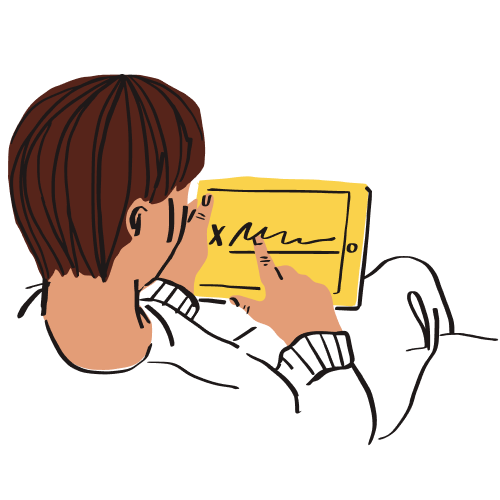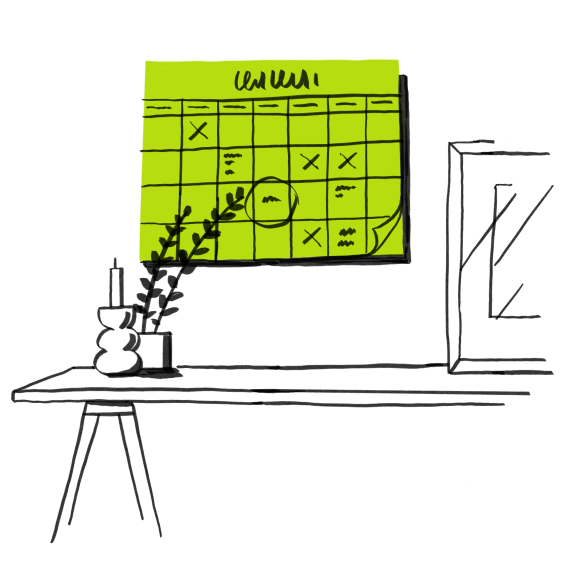What is a Wisconsin promissory note?
A Wisconsin promissory note, as per the state of Wisconsin statutes, is a written agreement that defines the terms and conditions of a loan arrangement between a lender and a borrower. It’s written proof of the borrower's commitment to pay back the borrowed principal sum within a certain timeframe.






